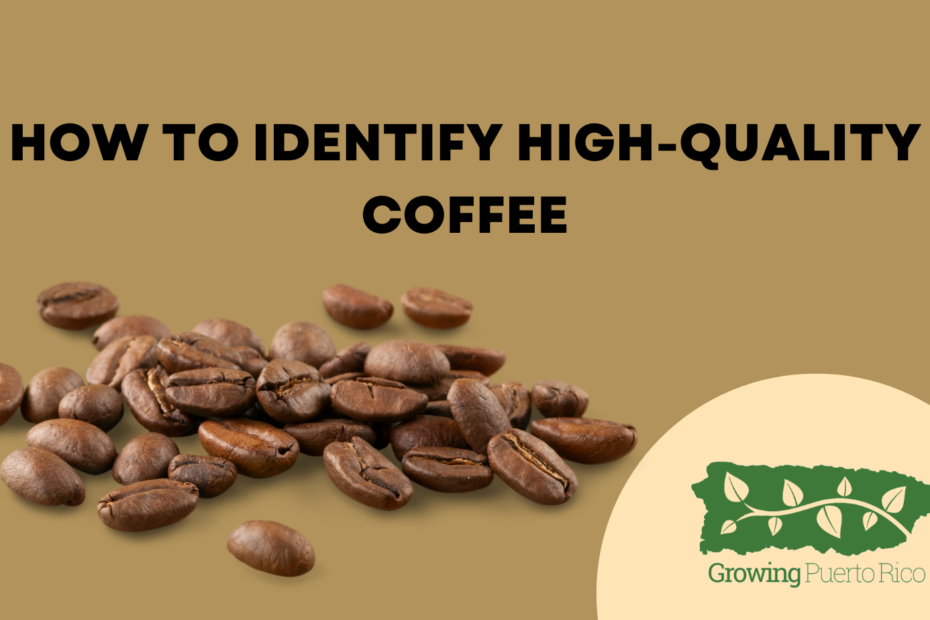High-quality coffee is more expensive than cheap coffee for a reason, but what are the differences and definitions of premium and specialty coffee?
Premium coffee refers to coffee beans or blends that are of exceptional quality and often come with a higher price tag. These coffees are typically made from high-grade Arabica beans, which are known for their complex flavors, aroma, and smoothness. Premium coffees are often sourced from specific regions or estates, where the growing conditions and processing methods contribute to their superior quality. They are meticulously roasted and carefully crafted to bring out the unique flavors and characteristics of the beans.
Specialty coffee is premium coffee that has been graded and scored by professionals according to specific criteria. Specialty coffee beans are sourced from premium varieties, such as Arabica, and they undergo rigorous quality control measures throughout the production process. These measures include careful cultivation, harvesting, processing, and roasting. The Specialty Coffee Association (SCA) has established a scale from 0 to 100 to evaluate coffee, and beans scoring 80 or above are considered specialty coffee. Specialty coffees often exhibit unique flavor profiles, distinct aromas, and are produced with a focus on sustainability and ethical sourcing.
High-quality coffee refers to coffee beans or blends that meet certain standards of excellence in terms of flavor, aroma, and overall experience. While the term “high-quality” is subjective to some extent, it generally implies that the coffee has been produced with care and attention to detail. High-quality coffee can include both premium and specialty coffees, but it can also encompass well-crafted coffee offerings that are not necessarily as exclusive or expensive. These coffees are often made from Arabica beans, and they may come from reputable sources and undergo a decent level of quality control during processing and roasting. High-quality coffee is often sourced from specific regions, made from higher quality beans, and processed with greater care and attention to detail. As a result, it often has a richer and more complex flavor profile, and provides a more enjoyable overall experience than mass produced cheaper coffee options.
Specialty coffee is easy to identify by the SCA score of 80 or higher.
Here are several factors to determine if your whole bean coffee is premium or otherwise high-quality:
- Taste: High-quality coffee is often more flavorful and nuanced than cheap coffee. Premium and specialty coffee is usually made from Arabica beans, which have a more complex flavor profile than the cheaper Robusta beans. High-quality coffee is also roasted more carefully and for longer periods, resulting in a richer and more balanced flavor. Look for small batch roasted coffee by expert coffee roasters.
- Origin: Premium coffee comes from specific regions or farms that are known for producing exceptional beans and thus will produce exceptional coffee. These beans are often grown using sustainable and environmentally friendly practices, which can contribute to their higher price. In contrast, cheap coffee is often made from lower quality beans sourced from a variety of regions, resulting in a less consistent taste. Premium coffee from exceptional regions are proud to include the origin of their coffee on the bags and accompanying information (social media sites and websites).
- Processing: Premium coffee beans are usually processed with greater care and attention to detail. This includes hand-picking the beans, using water to remove the outer layers, and carefully drying the beans to preserve their flavor. In contrast, cheap coffee is often mass-produced using automated processes, which can result in a lower quality product.
- Roast: The roast of your coffee can also impact its quality. Lighter roasts tend to highlight the unique flavors and characteristics of the beans, while darker roasts can sometimes mask these flavors with smoky or burnt notes. Which roast is best is entirely up to individual preferences. Look for a consistent roast, whichever level of roasting you prefer.
- Aroma: Premium coffee often has a strong, pleasant aroma. Take a sniff of the beans before brewing to see if they have a distinct and appealing smell. Again, aroma is a very individual preference, and the roasted coffee should have a pleasant aroma before, during, and after fresh brew.
- Flavor: The flavor of your coffee is perhaps the most important factor in determining its quality. Look for complex and nuanced flavors that are well-balanced and not overpowering. Some common flavor notes in high-quality coffee include chocolate, fruit, and nutty undertones. This is another highly individual preference, and the aroma of the coffee beans is often a good indication of the flavor of the brewed coffee.
- Freshness: Coffee is at its best when it is fresh, so check the roast date on the bag to ensure that your beans are as fresh as possible. Generally, coffee is considered fresh for about two weeks after roasting. A sealed bag with vent can help extend the life of roasted coffee beans, and you can smell the aroma of the beans within the bag.
